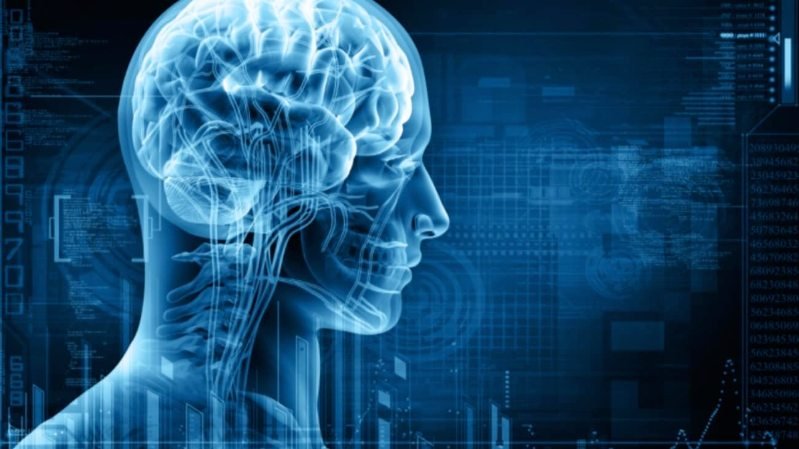-
April 29, 2020
-
0

The nervous system is a complex system that is responsible for the coordination and regulation of your body’s activities. It is classified into:
Central nervous system which consists of the brain and spinal cord
Peripheral nervous system which consists of all other arteries, nerves and capillaries in the body
The nervous system is vulnerable to certain disorders just like the rest of the body. It can become damaged by:
- Infections
- Trauma
- Structural defects
- Degeneration
- Disruption in blood flow
- Autoimmune disorders
- Tumours
The symptoms of nervous system disorders depend on which area is affected. These disorders may occur slowly and lead to a gradual loss in function and cognition, or they may occur suddenly and cause acute, life-threating problems. There are many kinds of nervous disorders, some of which are:
- Stroke – causes by clotting in or rupture of blood vessels in brain
- Mental health problems like depression, anxiety or psychosis
- Degenerative conditions such as Parkinson’s disease, amyotrophic lateral sclerosis (ALS), multiple sclerosis, Huntington’s disease, peripheral neuropathies and Alzheimer’s disease
- Infections such as abscesses or encephalitis
- Brain tumour
- Organ system failure such as heart failure, thyroid dysfunction, hepatic encephalopathy, respiratory failure or uraemia
- Diabetes or hypoglycaemia
- Electrolyte imbalance
There are many symptoms associated with nervous system disorders. Here are some common neurological symptoms:
Pain – Headache, back pain, neck pain, nerve pain
Muscle malfunction – Weakness, tremors, paralysis, difficulty walking, change in gait, muscle spasms, poor coordination, rigid muscles
Changes in sensation – Numbness, tingling, hypersensitivity, loss of position sense
Changes in special senses – Visual hallucinations, disturbances of taste and smell, eyesight issues, deafness, tinnitus
Sleep problems – Difficulty falling asleep or staying asleep, sleeping too much, uncontrollable leg movements during sleep, narcolepsy
Changes in consciousness – Fainting, delirium, confusion, seizures, stupor, coma
Changes in cognition – Difficulty understanding a familiar language, poor memory, difficulty with common motor skills, inability to recognise familiar objects, places or people, inability to concentrate, difficulty understanding spatial relationships, dementia
Other symptoms – Loss of balance, vertigo, slurred speech, difficulty swallowing,
Stroke is one of the common but serious neurological disorders which can lead to permanent disabilities or even death.
Stroke needs emergency attention and patient suspected of having stroke should be immediately taken to a nearby hospital for treatment.
There are many disorders that affect the nervous system. Early detection is the key in effective treatment. Talk to your doctor for more details on nervous system disorders and how they can be treated.
Contact
JAYANAGAR
BANASHANKARI

